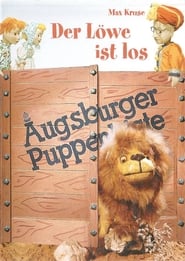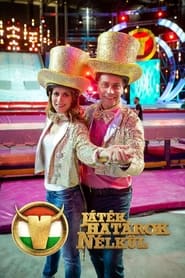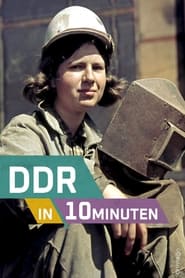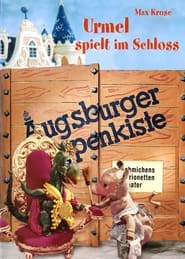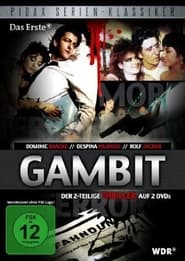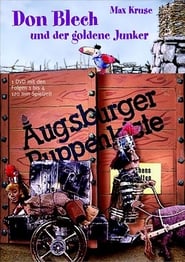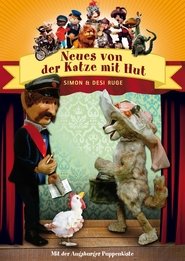Das Erste TV Series - Page 49
-
Jeux Sans Frontières
1965
star 9.5Jeux Sans Frontières was a Europe-wide television game show. In English-speaking countries, the show is also known as It's a Knockout, the title of the BBC's domestic version. In its original conception, it was broadcast from 1965 to 1999 under the auspices of the European Broadcasting Union and featured teams from different European countries in outlandish costumes competing to complete bizarre tasks in funny games. The original series run ended in 1982 but was revived a few years later with a different complexion of nations and hosted by smaller broadcasters. In the United Kingdom, participants came from the heats of It's a Knockout. The original presenter was Mcdonald Hobley, but he stayed for just one season before handing over to Katie Boyle, who in turn was replaced by David Vine and Eddie Waring. It was not until 1971 that the presenter most associated with the role, Stuart Hall, took over presenting the UK heats and also provided the British commentary for the international version along with Warin -
DDR in 10 Minuten
2020
DDR in 10 Minuten
2020
-
Deutschland 9/11
2021
Deutschland 9/11
2021
-
Augsburger Puppenkiste - Urmel spielt im Schloss
1974
Urmel plays in the castle - There is still a rumor in King Pumponell's kingdom that talking animals and Urmel live on a lonely, remote island. Museum and zoo director Dr. Zwengelmann will not rest until he has seen with his own eyes what he considers to be pure "fantasy". His niece Naftaline, who is keen to write a big report for her newspaper, also wants to know more about this mysterious island, the talking pig Wutz and the sensational Urmel. But if people found out about the talking animals from the newspaper, the island would soon be visited by many curious people. This must be prevented. Meanwhile, Urmel and Wutz hide out in King Pumponell's castle. -
Der klügste Deutsche
2011
Der klügste Deutsche
2011
-
Bühne 36 - Känguru und Co.
2016
The first television project by Marc-Uwe Kling started in 2016 under the title "Bühne 36 - Känguru & Co." on Rundfunk Berlin-Brandenburg (rbb). Together with the "three others" Julius Fischer, Maik Martschinkowsky, and Sebastian Lehmann, Marc-Uwe Kling has been performing every two weeks on a literary stage for over ten years. Always with new short stories, songs, and spectacle. Now this consistently successful show is finally being adapted for television. -
Gambit
1987
Gambit
1987
-
Tagesthemen
0000
star 6Tagesthemen is one of Germany's main daily television news magazines, presented by journalists Caren Miosga and Tom Buhrow. Second only to the 20:00 Tagesschau Tagesthemen is ARD's most important newscast. It is clearly different in style and content from Tagesschau and is broadcast Mondays to Thursdays at 22:15, Fridays at 23:15, Saturdays at varying times and Sundays at 22:45. Each Tagesthemen broadcast has a single host. For a time, Anne Will and Ulrich Wickert took turns hosting the program. On September 1, 2006, Tom Buhrow replaced Wickert and on July 16, 2007, Caren Miosga replaced Anne Will. In January 1978, Tagesthemen replaced the late edition of Tagesschau, which had been broadcast until then. The broadcast lasts a half hour on weekdays; it is shorter on Fridays Saturdays and Sundays. In contrast to Tagesschau, which provides only an overview of the news, Tagesthemen is designed to also provide the viewer with more information, context and background. The program usually features four to five segments o -
Sandkasten-Djangos
1988
Sandkasten-Djangos
1988

